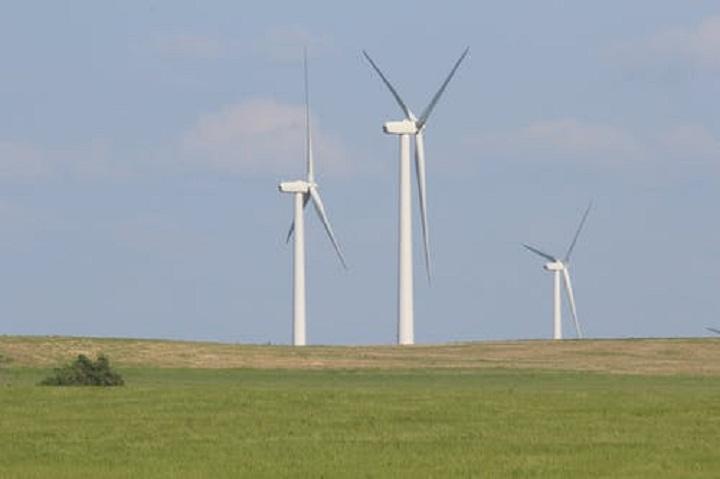
Written by Dakota Murphey
Acting in an environmentally responsible way is now a necessity if we are to prevent a climate catastrophe.
In a BBC report, David Attenborough said, "It may sound frightening, but the scientific evidence is that if we have not taken dramatic action within the next decade, we could face irreversible damage to the natural world and the collapse of our societies."
The World Economic Forum (WEF) warns “Alongside the technological revolution, we need an equally unprecedented cultural revolution in the way we connect with the planet.”
The risk is real and the cost of inaction could be devastating.
Businesses thus need to be pro-active. It is no longer simply a case of environmental compliance. Here’s what businesses must do to step up, take their share of responsibility and help save our planet.
There are growing numbers of eco-friendly technologies designed to fight climate change.
Switching to renewable, clean energy sources is one initiative that can make a huge difference. Renewable energy sources include solar energy, wind energy, anaerobic digestion, biomass energy, hydroelectric power and geothermal energy.
Ground Source heat pumps (geothermal energy) are providing businesses with a viable heating alternative with a low environmental impact.
Chinese electrical appliance manufacturer, Midea is the world’s largest producer of appliances and has a mission to develop environmentally-friendly solutions. Their split-system air conditioner was awarded a prestigious Blue Angel certificate last year for its environmentally-friendly features.

Everything in the business should be reviewed. This includes plastic usage, procurement policies, using more environmentally-friendly suppliers, recycling and even switching to environmentally-friendly cleaning materials and bathroom products.
Other practises that contribute to an eco-friendly business include carpooling and flexible working to reduce the impact of employee travel.
The Cycle to work scheme, introduced 20 years ago, allows employees to spend on bikes and cycling equipment tax-free. The scheme aims to help people be healthy and make more environmentally-friendly lifestyle choices. Employers need to be making more of these types of schemes and promoting them within their company.
The environmental impact of business is a growing concern for both employees and consumers. Small actions don’t go unnoticed. Even simply switching to a green energy supplier makes a difference. There are so many small things employers can do to make their business more eco-friendly.

For many organisations sustainability and environmental protection are relatively new concepts. Conducting a sustainability audit is an essential place to start.
An audit checklist looks at social and environmental impacts, including how the business treats its employees, environmental impact, carbon footprint, waste and toxics reduction, product development (the environmental footprint of products), resource conservation and community engagement. All of these are important for making businesses more environmentally-friendly and conscious about the community they operate in.
Businesses can take a pro-active stance and become educators on real environmental threats. Having an environmental policy can provide significant benefits to a business, from helping an organisation to stay within the law to improving cost control.
Fast Company report that now is the time for business leaders to take charge in building a carbon-neutral world. The urgency is greater than ever.
So, what does it mean to be carbon neutral? Carbon neutral is the term used to describe the action of organisations, businesses, and individuals to remove as much carbon dioxide from the atmosphere as they put into it.
The overall goal is to achieve a zero-carbon footprint. This is usually achieved through a balance of reducing carbon dioxide emissions (using renewable energies) and carbon offsetting (by planting trees or funding carbon projects).

In many ways, Northern Ireland’s thriving business and technology sectors are helping pave the way for a more environmentally friendly future.
Just last month Bombardier Belfast won the MacRobert award for the development of an eco-friendly jet wing for the Airbus A220 plane, and in 2018 Northern Ireland’s largest hospitality group, Beannchor, took the major initiative to become powered 100% by renewable electricity. These are only a few examples of how different industries within Northern Ireland are committing to reducing their carbon footprints.
Photographs (c) Pexels
Dakota Murphey has a wealth of experience in business management and has previously worked as a business growth consultant for over 10 years. She now enjoys sharing her knowledge through her writing and connecting with other like-minded professionals. Find out what else she's been up to on Twitter: @Dakota_Murphey